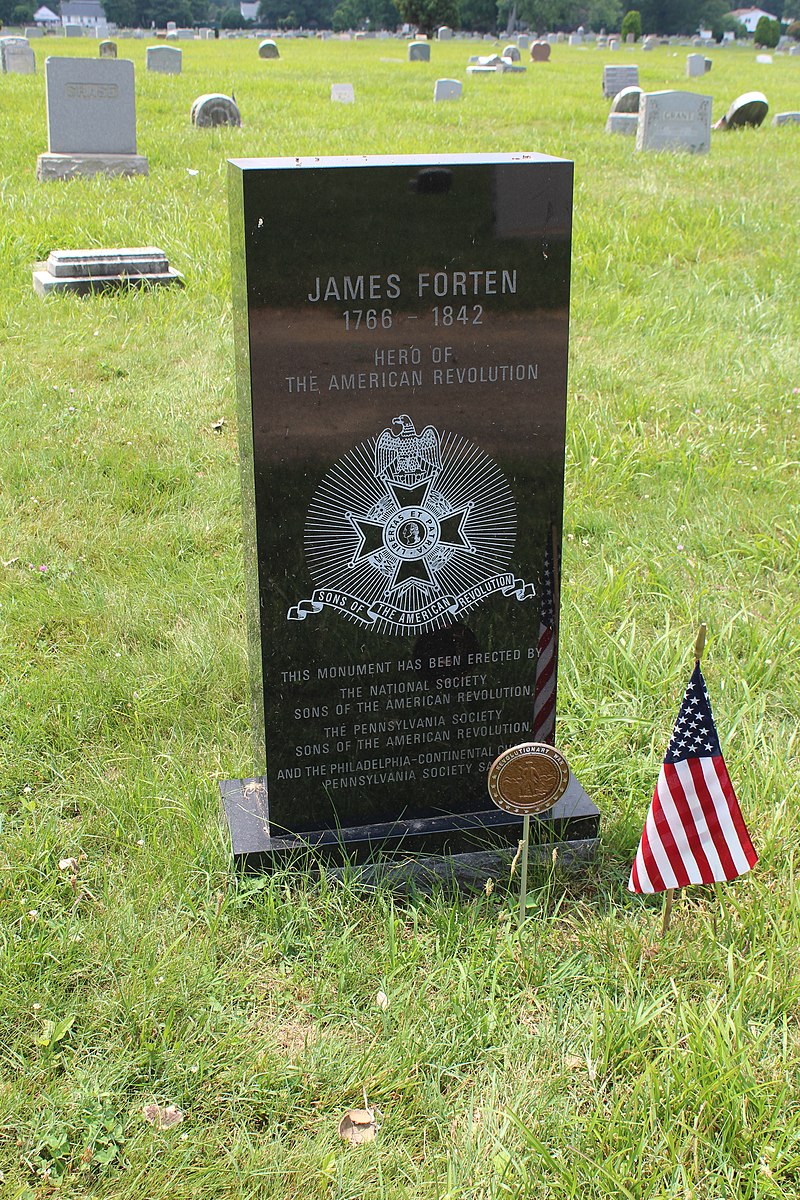Tips on how you can break down brick walls
By now, many of us who are searching for answers to the mysteries of our African Diasporan ancestors have found that the routes to getting research are often nontraditional. Consider another avenue to hopefully find your ancestors.
Tap into your imagination, natural instincts and recall the stories you’ve heard to search for clues about your ancestors’ journeys. Hopefully, you will find a new detail to help break through those brick walls.
Look for ancestors in someone else’s life
If your ancestors worked at the Ford Motor Co. in the 1960s in Queens, New York, they may have known or been on the team with McKinley Thompson, Jr. an African American who designed cars during his 28-year career with the automaker. He was part of the concept team for the first-generation Mustang and GT40.

Thompson came up with the open-air, 4 x 4 turbine boxy car that changed the automotive industry. It was a sports utility vehicle known as the Ford Bronco. Look at Thompson’s life and the places he lived, worked, was educated and served. You may find your ancestors in his art classes, in the military unit he served in, other jobs that he held or even in his retirement community.

Fortunate Forten
It is well-known in ancestry and genealogy research African American slavery matter prohibits current-day research efforts about family histories. The blockages that create the brick walls often referred to in African American ancestry research is due largely to enslavers not listing the full names, ages and other identifies for African Americans on the official documents, and the U.S. Census Bureau not including the names, addresses and full demographic information about African Americans until the 1870 records. There were sporadic accounts of slaves’ names and other information by the owners, and the government documents published some information that was linked to African Americans in bondage.
Occasionally, there are uncovered lives of African Americans such as James Forten, considered one of the Founding Fathers of the United States. He was born a free American in Philadelphia, PA in 1766. At age 14, he joined the Continental Army and was a “power boy.” A powder boy carried gun powder from the ship’s magazine to the ship’s cannon. Following in the footsteps of his father, he became a sailmaker. He became his family chief sailmaker in 1798 after the death of his father.

To return to the original concept of this blog, look for any opportunities of your ancestors to be located in the areas that Forten lived and visited. It is likely that your ancestors may have been in the similar line of work or even worked with Forten, or volunteered with his wife and daughters in their abolitionist activism.
As an abolitionist who walked his talk, Forten chose to not work with any slave trade-connected companies and individuals. Forten was brave to adopt this business practice. However, as a man who was aboard a ship that was once captured by the British and he risked being sold into slavery, Forten withstood adversities and became a wealthy man who was also an active abolitionist. He designed and sold innovative sails that allowed ships to gain higher speeds, among other attributes. He was considered the prime sailmaker in Philadelphia and he employed African Americans and whites. He funded popular abolitionist publications and also endorsed his daughters developing the first interracial women’s abolitionist organization, Philadelphia Female Anti-Slavery Society.
So popular was Forten in the abolition movement and as a top employer that upon his death at age 75, his funeral was attended by thousands. Were your ancestors among the mourners?


